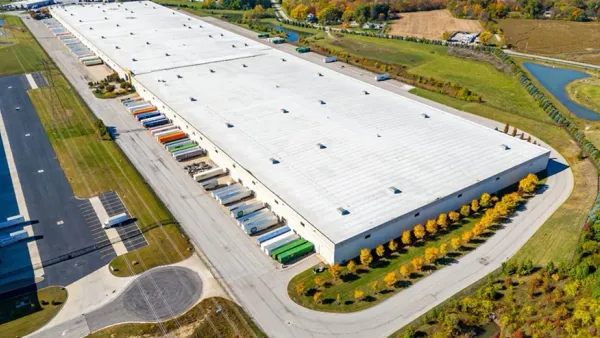Dive Brief:
- Supply chain professionals saw an average salary bump of 4.2% in 2018, up from 2017 when the average raise was 3%, according to the 2019 Supply Chain Salary and Career Survey Report from the Association for Supply Chain Management (ASCM).
- The survey, with 1,795 responses, found high job satisfaction among supply chain professionals with 85% ranking their career satisfaction as eight or higher on a scale of zero to 10.
- Results did show a remaining gap in salary between men and woman. The gap is much lower for younger employees, especially those under age 40, where pay is nearly equal among genders, but the gap increases with older workers.
Dive Insight:
The increase in pay for supply chain employees could reflect the fact that employers are increasingly picking from a small pool of qualified workers, according to ASCM CEO Abe Eshkenazi.
"The demand has far outstripped the supply," Eshkenazi said of the supply chain workforce in an interview with Supply Chain Dive. He said the gap between the supply of skilled workers and demand in the workplace could remain for another five to 10 years.
Other surveys have also found supply chain organizations are struggling to fill these jobs. Hiring has been one of the top challenge reported by employers for the last four years of the MHI Industry Report.
The shortage in workers has likely played a role in helping to lower the gender pay gap for younger workers, Eshkenazi said. "We've seen some significant gains for women in the market place," he said.
This demand for workers means the employees who do have the skills cannot only demand more in the way of salary but also find careers in other places, which has led to an increase in job hopping, Eshkenazi said.
Companies often look for employees with experience for open supply chain positions, a challenge for younger workers in the talent pool. Some companies are beginning internship or mentorship programs to try and bring in younger workers and provide them with the training necessary to do the job.
Reported high job satisfaction numbers could be another tool for recruiting workers with the right skills into supply chain jobs, Eshkenazi said.
"If nothing else this is something that we can start to display in the marketplace," he said.














